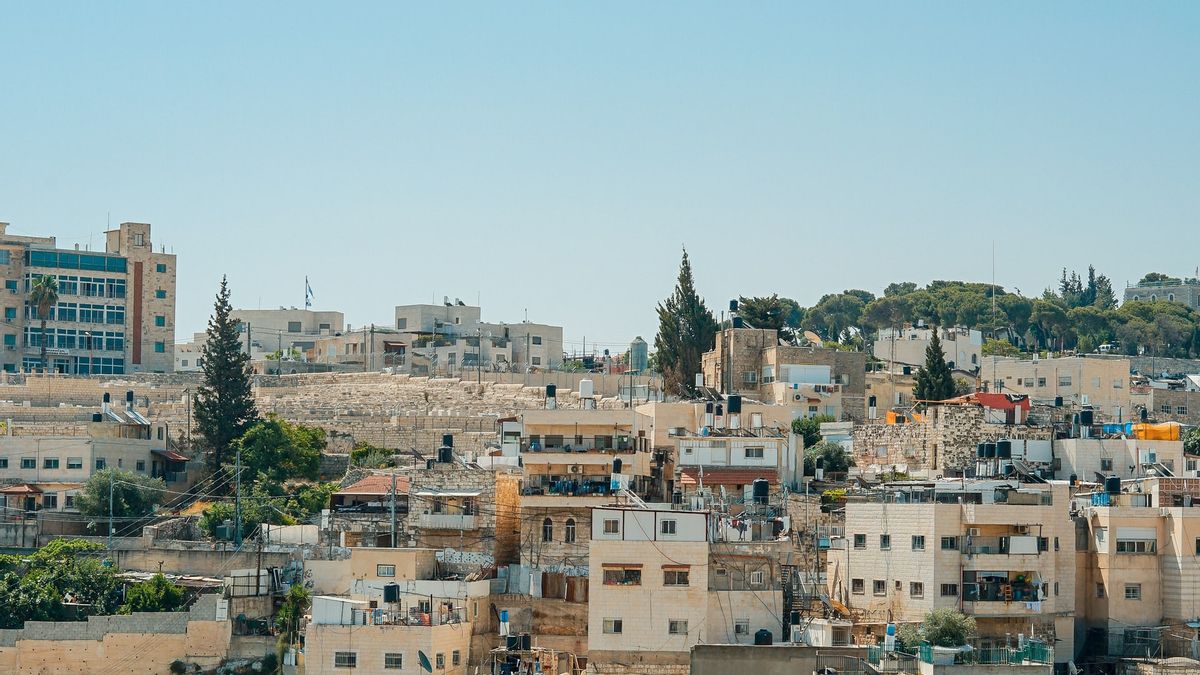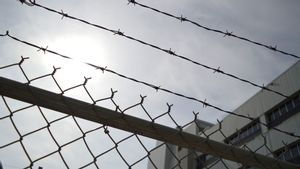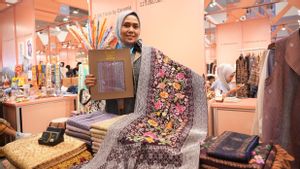JAKARTA - Colorful electric lanterns and decorations typical of Ramadan usually hang on the streets of Gaza, the West Bank and East Jerusalem. However, for this year's Ramadan, the Palestinian people are facing social distancing to avoid the spread of COVID-19 and increasing economic woes.
The Palestinians this year are facing forecasts of celebrations without the usual large gatherings, such as family dinners and tarawih at mosques.
Activity restrictions were carried out to dampen the depressed mood with the deteriorating economy. The Palestinian Authority has ordered the closure of schools, weddings, restaurants and mosques, leaving tens of thousands of people on the brink of unemployment.
With two deaths and 335 confirmed cases of COVID-19, various regulations resulting from the spread of COVID-19 have been enforced by Hamas in Gaza, the Palestinian Authority in the West Bank, and the Israeli authorities in East Jerusalem. Many Muslim communities no longer perform worship activities at the Dome of the Rock and the Al Aqsa Mosque.
"There are no worshipers, no people, and the closure of the Al Aqsa Mosque has a huge influence on the Palestinian people and on the people of Jerusalem in particular," said Ammar Bakir, an East Jerusalem resident.
Tens of thousands of people will usually pray at the Al Aqsa Mosque during the month of Ramadan and then it will increase to hundreds of thousands in the last days leading up to Eid. Usually these activities are also broadcast on television.
"A decision like this is the first in 1,400 years, it is difficult. It also pains our hearts," said Sheikh Omar Al-Kiswani, administrator of the Al Aqsa Mosque.
Many people still flock to the markets and shops of dates, cheeses, pickles, nuts and other snacks that are popular during Ramadan. But Gazans are on guard when the plague reaches Gaza, making them shop by the window and not stay in the market for too long.
"People will be very careful to visit each other because of the COVID-19 crisis," said restaurant owner Anas Qaterji.
"People come to the market to waste time, they entertain themselves after the cafe closes," said Sameh Abu Shaban, who owns a date and candy shop. "Nobody is buying," he added.
It is different in the West Bank. There, the Palestinian Authority has declared a state of emergency, but restrictions on activity have been eased by allowing some businesses to resume activities amid predictions of a 50 percent decline in revenue.
"This is a sad Ramadan," said Maher al Kurdi, owner of a supermarket in Hebron.
“Usually the shop will be crowded with lots of people. And the mosque is closed, which will spoil the taste of Ramadan, "he said.
The English, Chinese, Japanese, Arabic, and French versions are automatically generated by the AI. So there may still be inaccuracies in translating, please always see Indonesian as our main language. (system supported by DigitalSiber.id)












